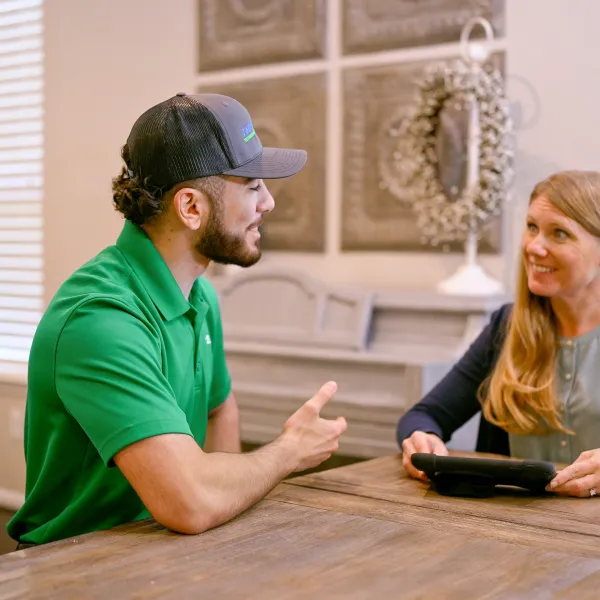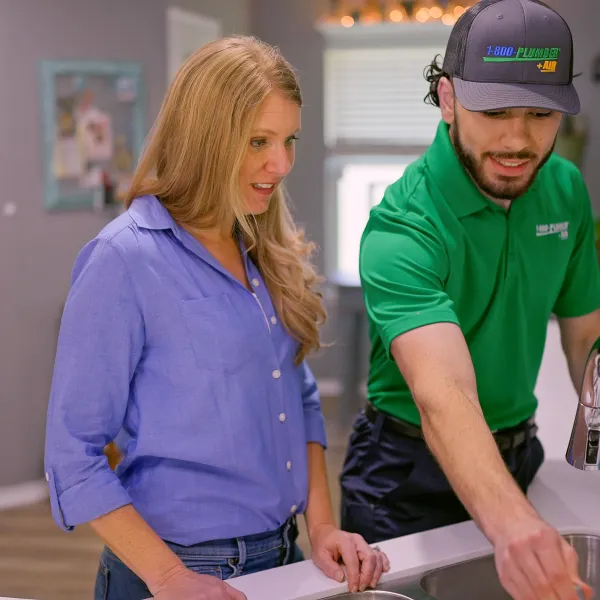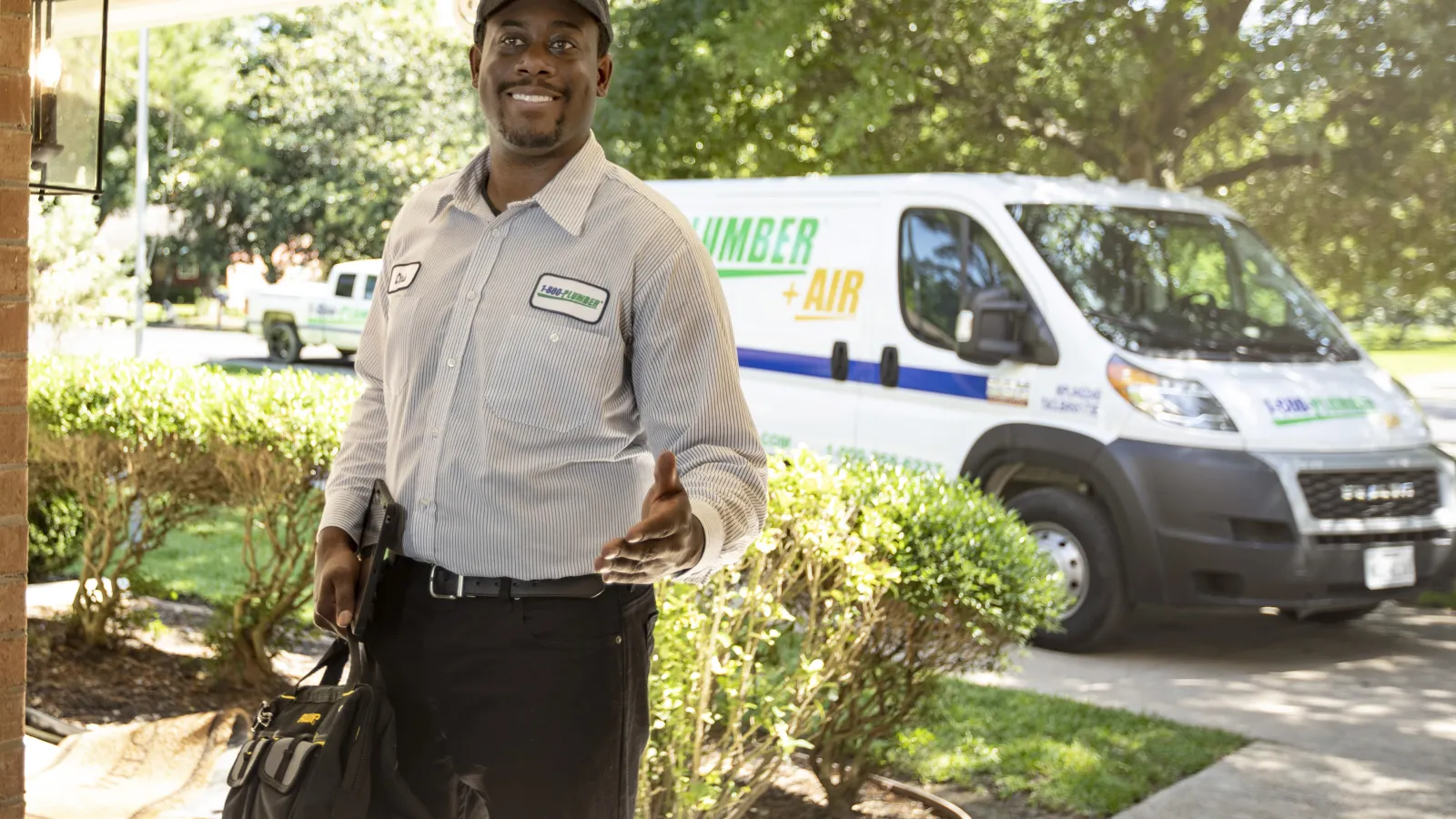
Low Water Pressure
1-800-Plumber +Air of Pearland
You've probably dealt with low water pressure at one point or another in your life. We all know the feeling, at least, of a shower with "great" water pressure. Or when you're doing the dishes and the water pressure is too low to clean then while running the faucet. Or, the worst, when you're in the shower and the water pressure is lower than yesterday, making it difficult to get the shampoo out of your hair. Low water pressure could be a minor fix, or it could be a major fix if something is wrong with your plumbing.
Of course, you can always rely on professionals at 1-800-Plumber +Air of Pearland to come to your rescue in an emergency. However, keep reading to learn what the cause may be, and how to fix it.
The average household uses around 300 gallons of water a day, we never think about the low pressure until the toilet doesn't want to flush, or the low pressure in the shower makes the shower a lot longer than planned.
Ready to
GET IT FIXED?
Contact Us Now!

If your water bill is higher than expected - it’s probably a leak
Call us at 1-800-Plumber +Air of Pearland
Do you need to figure out what's going on with your water pressure or fix a leak? Or are you looking for a plumber near you? Whatever your questions or needs might be, we're here to help. At 1-800-Plumber +Air of Pearland, we're experts when it comes to everything related to plumbing.
We're industry professionals, and we have plumbing services available all around the country. We offer all the services listed in this article. To ask us questions, or to learn more about how we can help you, contact us today!.

24/7
Availability

No surprise
costs at the end of a job

On-Time
Committed to on-time arrivals


